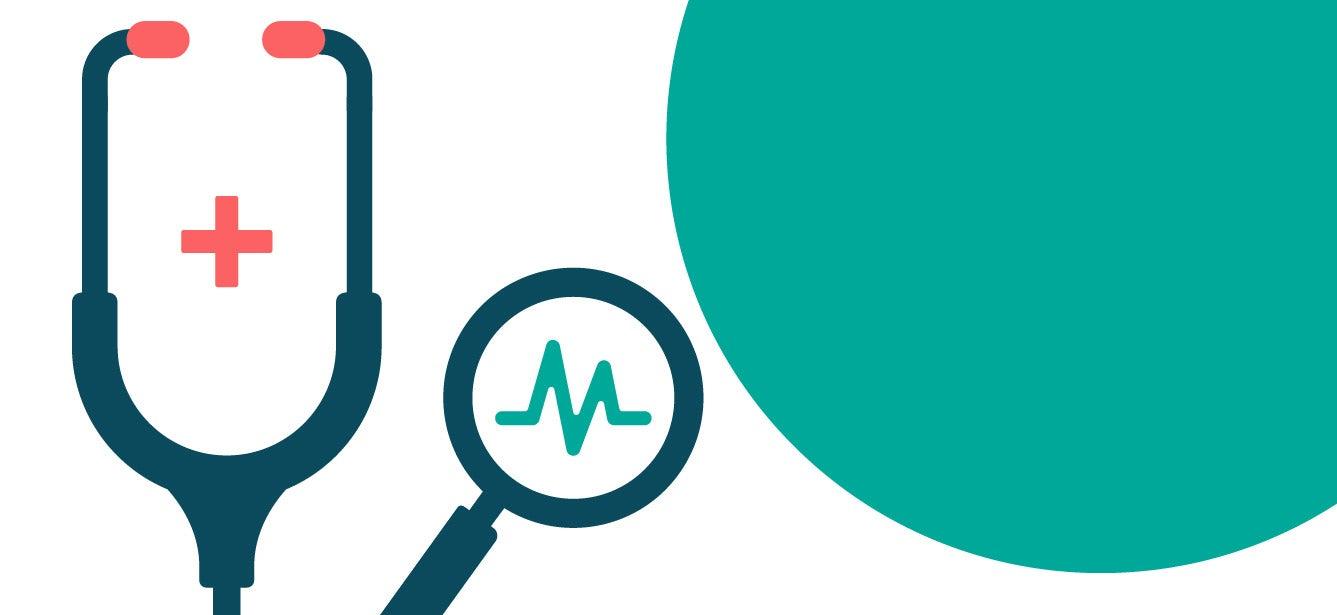
If you're turning 65, you're eligible to apply for Medicare. What is Medicare? It’s a federal health insurance program that covers a wide range of services to keep you healthy as you age. The minimum age for Medicare is 65, but some younger people with disabilities, end-stage renal disease, and amyotrophic lateral sclerosis (ALS or Lou Gehrig's disease) may also qualify.
Trying to understand the Medicare process can feel overwhelming. That's why we've created this simple checklist to help get you started.
How do I get started with Medicare?
Some people also choose to purchase Medicare supplement insurance, known as Medigap, to help fill the gaps in original Medicare coverage. Take the time to explore your options and find out what’s covered under each part. Think about the kinds of services you’ll likely need in the coming year based on your health and any medications you take.
1. Determine when you can enroll. Your Medicare Initial Enrollment Period (IEP) is when you can first sign up for Medicare. It's based on your 65th birthday and includes the three months before your 65th birthday month, the month you turn 65, and the three months after.
2. Learn about the different parts of Medicare. Medicare has four parts, each offering different types of health coverage:
- Part A (Hospital Insurance) and Part B (Medical Insurance) are known as original Medicare.
- You can also get your original Medicare coverage through Part C (a Medicare Advantage plan).
- Medicare Part D offers prescription drug coverage.
3. Estimate your out-of-pocket costs. Medicare does not pay for everything. Use NCOA’s guide to Medicare out-of-pocket costs to learn more about the costs you’ll be responsible for, including premiums, copayments, and deductibles. Consider how those fit into your budget and what you can comfortably afford. The Medicare plan(s) you choose should offer the right balance of coverage and cost.
4. See what additional benefits you qualify for. There are many public and private benefits programs that, in addition to Medicare, could help you pay for health care and medications. These include the Medicare Savings Programs (MSPs), Medicaid, and the Medicare Part D Low Income Subsidy (LIS) - Extra Help, among others. Use NCOA’s free BenefitsCheckUp tool to browse programs that can help you afford healthy food, health care services, utilities, and more.
5. Talk to a Medicare expert for free. Looking for straightforward, unbiased guidance on choosing a Medicare plan? Contact your State Health Insurance Program (SHIP). SHIP counselors are specially trained to help people with Medicare and their families understand their coverage choices. They will help you explor all your coverage options to find the solution that best fits your health needs and budget.
Enrolling in Medicare isn't something you want to rush through—preparing in advance gives you time to understand your options and avoid costly mistakes," advised Ryan Ramsey, NCOA Associate Director of Health Coverage and Benefits.
"Every person's situation is unique, so taking the time to explore plans and speak with an expert can make a big difference in both coverage and peace of mind."



